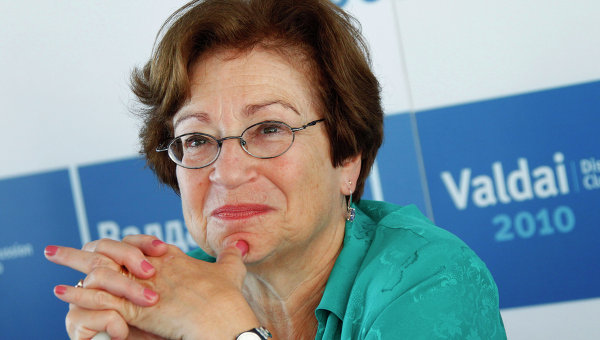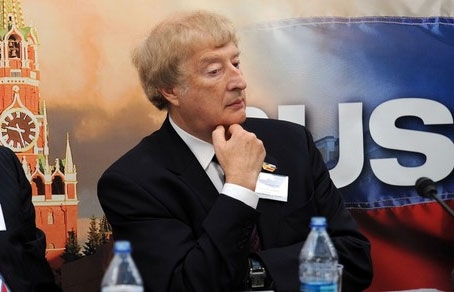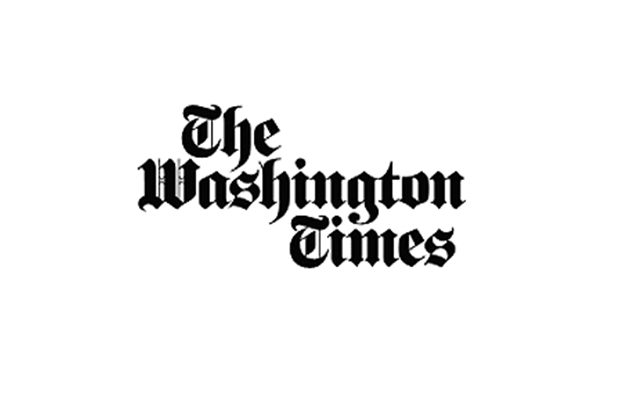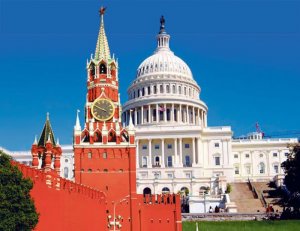
Angela Stent
Professor of Government and Director, Center for Eurasian, Russian and East European Studies, Georgetown University School of Foreign Service; Senior Non-Resident Fellow, Brookings Institution; Vice Chair, World Economic Forum’s Global Agenda Council on the Future of Russia. Member, Council on Foreign Relations. Member of the Valdai Discussion Club.
 Russia’s decision to grant temporary asylum to Edward Snowden sent a
clear message: it was more important for President Putin to reap the political
dividends of having him stay in Russia than to pursue better relations with the
United States. That is certainly how this decision is understood in Washington,
since the White House had made it abundantly clear that it wanted Snowden to
return to the United States to face the consequences of leaking classified
information.
Russia’s decision to grant temporary asylum to Edward Snowden sent a
clear message: it was more important for President Putin to reap the political
dividends of having him stay in Russia than to pursue better relations with the
United States. That is certainly how this decision is understood in Washington,
since the White House had made it abundantly clear that it wanted Snowden to
return to the United States to face the consequences of leaking classified
information.
The Snowden affair has had a negative impact on U.S-Russian relations and will continue to do so for some time. After the more hopeful atmosphere surrounding the reset, or perezagruzka, U.S-Russian relations began to deteriorate in the fall of 2011 when Mr. Putin accused Hillary Clinton of supporting the demonstrators in the Bolotnaya. Ties have continued to fray following the closing of USAID, the Magnitsky legislation and the Dima Yakovlev law. Earlier on this year, the Obama administration signaled that it wanted to repair relations after the visits of former National Security advisor Donilon and Secretary of State Kerry, and Obama planned a two-day bilateral summit with Putin after attending the G-20 summit in St. Petersburg.
That bilateral summit is now in doubt. On key topics—Syria, missile defense, further arms control—there appears to be little agreement, which raises the issue of what the agenda for that summit would be. Other important topics—Iran, post-2014 Afghanistan and Central Asia, counter-terrorism—require ongoing U.S-Russian engagement and talks on these issues will continue. President Obama made improving ties with Russia one of his top priorities when he came into office and much was achieved in the first four years. The Snowden affair calls into question whether, in his remaining three years, Obama will be willing and able to prioritize Russia to the same extent as before.
Several key questions remain unanswered. What was the Kremlin’s intent when Russia accepted Snowden after he left Hong Kong, essentially allowing Beijing to pass this problem on to Moscow? Why was Snowden not encouraged to leave Russia for one of the Latin American countries offering him asylum? How credible is it to believe that he will cease releasing information harmful to the United States—as President Putin has requested him to do—after further documents were leaked following the granting of asylum? What does this say about the Kremlin’s foreign policy priorities?
The answers to these questions may well influence President Obama’s September travel schedule.



_jpg/250px-ElbeDay1945_(NARA_ww2-121).jpg)








